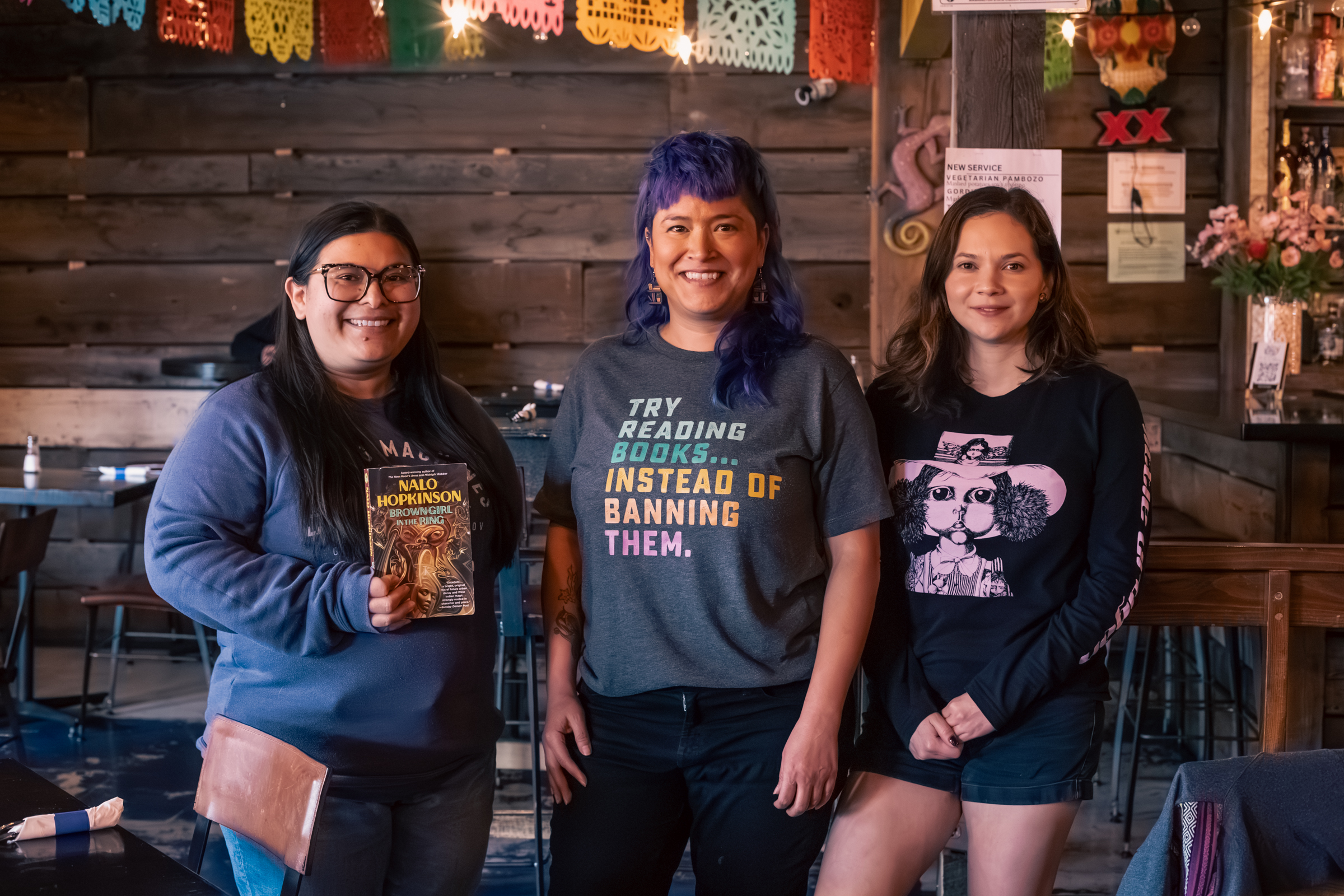LNN Spotlight focuses on major issues important to local Hispanic/Latino and underrepresented communities — stay updated on the monthly series by following us on Spotify, Google Podcasts, Apple Podcasts, Pocket Casts, and Radio Public.
On this episode of LNN Spotlight, Writer/Editor Belén Dumont speaks with AARP New Hampshire State Director Christina FitzPatrick on the inner workings and common myths of social security.
In 2021, Hispanics made up around 19 percent of the total U.S. population and these diverse communities are expected to continually grow across the country, according to the Pew Research Center. As Hispanics/Latinos tend to have longer life expectancies in the U.S., elderly Hispanics will also have more time in retirement compared to other ethnic groups.
“One aspect of the program that is particularly important [to Hispanics/Latinos] is that social security benefits are adjusted for inflation and they will last as long as you live,” FitzPatrick explained. “So, whereas with a retirement savings account…all of that money you have to figure out how to draw it down to last as long as you do but with social security, you don’t have to make those calculations. It will be there.”
“The inflation adjustment is especially important to Latina women because they have the highest life expectancy of any racial/ethnic group. So, that inflation adjustment sort of compounds over time and is particularly important,” she told NH Latino News.
The average life expectancy for Hispanic Americans, before the pandemic, was around 81.5 years—higher than any other racial and ethnic group—according to the Centers for Disease Control and Prevention. In 2021, a study found that the U.S. Hispanic population had the largest life expectancy decline—down to 78.8 years—compared to other populations.
FitzPatrick also discussed Social Security Disability Insurance, as about 10 percent of the Latino population lives with some type of disability, according to the University of New Hampshire’s Institute on Disability.
“Latino Americans have higher rates of disability than other racial and ethnic groups,” FitzPatrick shared. “So, the fact that if you become disabled and can no longer work there is this backstop of social security disability benefits that can really help to sustain you and your family.”
The episode also explores the myth that the social security system can run out of funds. FitzPatrick shared about measures put in place to prevent bankruptcy but confirmed that the federal program is expected to experience financial challenges further down the road.
“The program is facing some long-term funding challenges and there are different theories on how to address the financing,” FitzPatrick said. “So, we want to make sure that things like the cost of living adjustment stay in place and survivor benefits…and disability benefits. We want to make sure that those elements stay in place.”
AARP New Hampshire has proposed a variety of reforms on social security benefits including an effective boost for residents who have had a lifetime of low wages. Since social security benefits are calculated from a person’s past earnings, an individual who has had low earnings during their lifetime could receive very low social security benefits.
“So, we want to make sure that people who had a lifetime of low income might have a little bit of a boost for their social security benefit,” FitzPatrick said. “There’s something on the books now, it doesn’t work well, and almost nobody is eligible for it so we’d really like to see a robust benefit for those workers.”
Learn more by listening to the full conversation at www.aarp.org/ and checking out related resources below.
RESOURCES MENTIONED
- Create a “My Social Security” account at https://www.ssa.gov/myaccount/
- Learn more at AARP’s Social Security Resource Center: www.aarp.org/socialsecurity
- Read about Social Security Policy at the AARP Public Policy Institute: https://www.aarp.org/ppi/issues/social-security/
- Check out how social security specifically impacts and benefits Hispanic Americans at https://www.ncpssm.org/our-issues/social-security/hispanic-americans-and-social-security/
- For more in-depth information on social security go to https://www.nasi.org/research/social-security/
Publisher’s Note: AARP New Hampshire and New Hampshire Latino News are partners in providing greater visibility and voice to local Hispanic-Latino communities.





